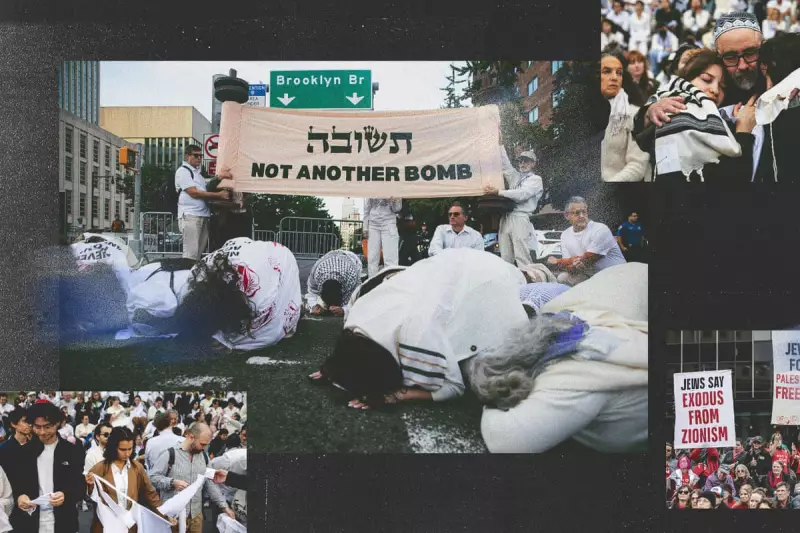
A seismic shift is rippling through American Jewish communities as generations clash over the very meaning of Jewish identity and its relationship to Zionism. What was once a near-universal consensus is fracturing, creating tensions that extend from family dinner tables to the highest levels of political power.
The Generational Fault Line
Younger American Jews are increasingly distancing themselves from Zionism in numbers that would have been unthinkable to their grandparents' generation. For many who came of age during the Israel-Palestine conflicts of the 21st century, Zionism no longer represents liberation but rather oppression.
'We were raised on the story of Israel as the safe haven that would always welcome us when the world turned against Jews again,' explains one millennial Jewish activist. 'But we've watched that safe haven become a place where others aren't safe.'
From Consensus to Conflict
The transformation has been dramatic. Where once major Jewish organisations spoke with one voice in support of Israel, they now find themselves navigating bitter internal divisions. The change reflects broader patterns seen across Western societies, where younger generations are re-evaluating inherited political and ideological commitments.
The consequences extend far beyond community meetings. American politicians who once relied on predictable Jewish support for Israel now face constituents demanding criticism of Israeli policies. The reliable political alliance that defined US-Israel relations for decades is showing signs of strain.
Identity in the Balance
At the heart of this transformation lies a fundamental question: What does it mean to be Jewish in America today? For previous generations, support for Israel was often central to Jewish identity. Today, many young Jews are building identities around social justice, universal human rights, and other values they see as incompatible with traditional Zionism.
The rupture represents more than just a political disagreement—it's a reimagining of Jewishness itself, one that prioritises ethical concerns over tribal loyalty and questions whether safety for Jews should come at the expense of others' safety.
A Divided Future
As the generational divide deepens, American Jewish institutions face an existential challenge. Can they accommodate these new perspectives without alienating their traditional bases? Or will the rupture become permanent, creating separate communities with fundamentally different understandings of what it means to be Jewish?
One thing seems certain: the American Jewish landscape will never look the same again. The great Zionist consensus has shattered, and what emerges from the fragments may redefine Jewish identity for generations to come.





